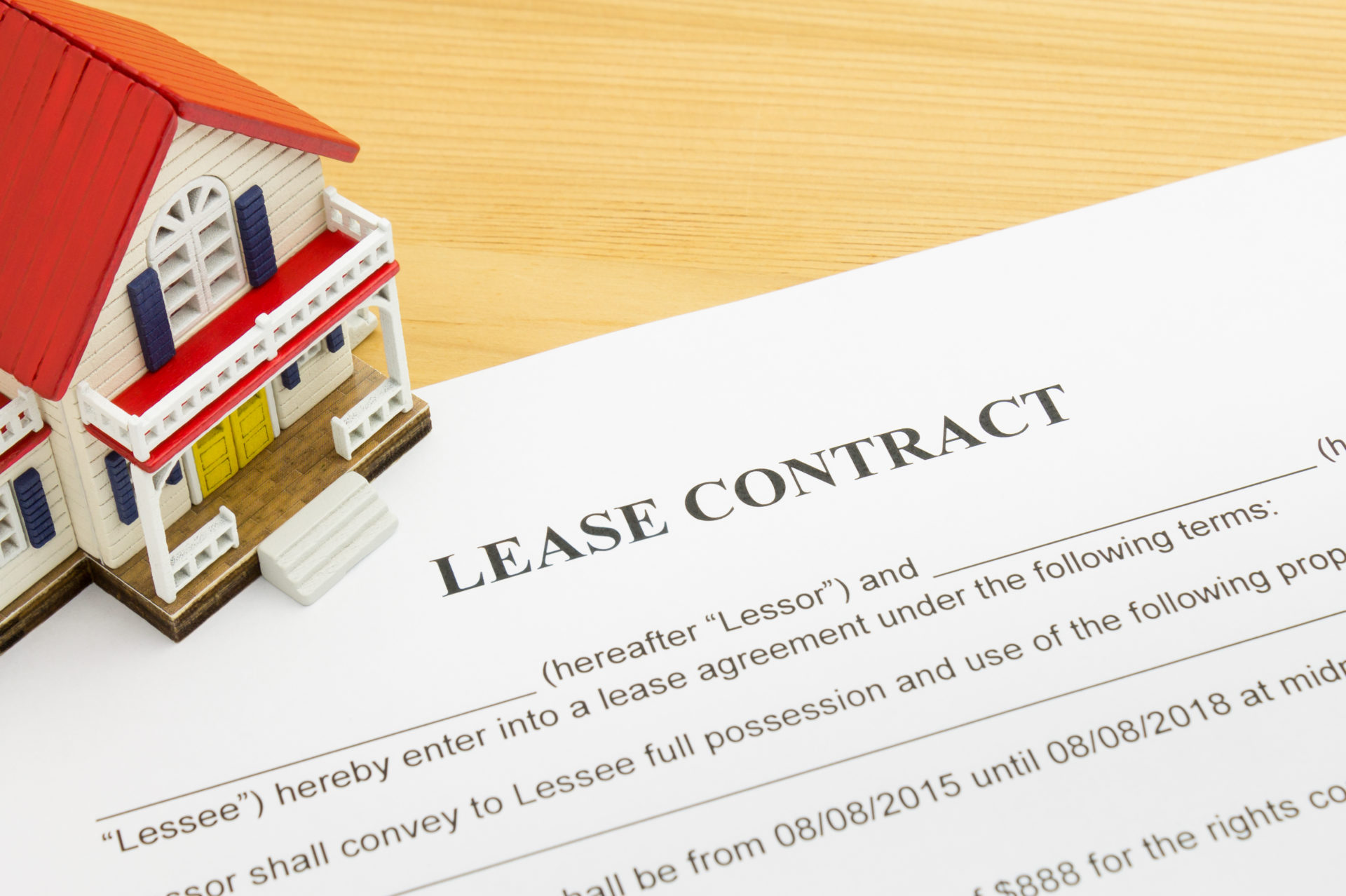Buying and living in a leasehold flat can be confusing with so many bills and rules to get your head around. Your lease should contain the information you need, so it’s important to familiarise yourself with it.
What is the lease for?
The lease for your flat can tell you where you stand and what each party to the lease – landlord (freeholder) and leaseholder – can and cannot do.
Typical examples are a requirement to keep reasonably quiet between 11pm and 7am, to keep corridors and stairwells (escape routes) clear, requirements to lay carpets to minimise noise, rules on whether or not pets are allowed, or what alterations you can make without the freeholder’s permission. Some forbid sub-letting, some may allow longer-term rental but prohibit short term lets such as Airbnbs.
In the lease you are also likely to find confirmation of what you have agreed to pay in ground rent and as a share of service charges. It may detail whether the freeholder or their agents can include certain items in your bill. It will also likely mention the freeholder’s duty to arrange buildings insurance.
The lease can help to resolve disputes about what can and cannot be included in the service charges, such as the level of contributions to sinking and reserve funds.
Reviewing a lease
It’s not surprising that, if some or all of the leaseholders buy the freehold and take shares in a company especially set up for that purpose, they will want to review the lease. Their main priority may be to grant themselves long leases, but the process is also an ideal opportunity to edit any outdate clauses. Common new or revised clauses are a ban on short lets, a review of the reserve and sinking funds, and tidying up matters such as liability for insurance excesses.
It is important for residents who own a share in the freehold to remember that they are still leaseholders as well. They are still bound by the terms of the lease, just like everyone else.
Rights and responsibilities in leases
As a leaseholder of a flat, you have a right to:
- Receive information about service charges or insurance, including a summary showing how the charge is worked out and to see any paperwork supporting the summary, such as receipts
- Know the landlord’s (freeholder’s) name and address or, in the case of a Residential Management Company, the name and address of the directors and company secretary
- Be consulted about certain maintenance and running costs
- Challenge certain charges under some circumstances
Your responsibilities are detailed in your lease, for example:
- You may need permission to make alterations (and to pay the landlord’s costs in granting permission)
- You may be required to pay a defined share of the costs of maintaining the property (and the lease will likely state what items can be charged)
- You may need to contribute to a reserve fund to ’save up’ for major works, such as roof repairs
- There may be restrictions on factors like noise, pets, and bike storage
What’s worth knowing about your lease
Buying the freehold – You can ask the landlord to sell you the freehold at any time. You’ll need the support of at least 50% of the leaseholders in the block and, ultimately, every leaseholder will own a share of the freehold. If it’s the other way round and the landlord wants to sell the freehold of a building containing flats, leaseholders have a right of first refusal.
Right to Manage – If you don’t want to buy the freehold or cannot get half the leaseholders to agree to the costs of doing so, then this option can allow you to take control of the management of your block. You can manage it yourself or choose your own managing agent.
Blocks of Flats Insurance from Gallagher
We understand that cover and price are important to you, and we will search our panel of well-known insurers to help find you suitable protection. Use our quote form or call us on 0800 612 8631 for a quote.
The sole purpose of this article is to provide guidance on the issues covered. This article is not intended to give legal advice, and, accordingly, it should not be relied upon. It should not be regarded as a comprehensive statement of the law and/or market practice in this area. We make no claims as to the completeness or accuracy of the information contained herein or in the links which were live at the date of publication. You should not act upon (or should refrain from acting upon) information in this publication without first seeking specific legal and/or specialist advice. Arthur J. Gallagher Insurance Brokers Limited accepts no liability for any inaccuracy, omission or mistake in this publication, nor will we be responsible for any loss which may be suffered as a result of any person relying on the information contained herein.
FP1259-2023
